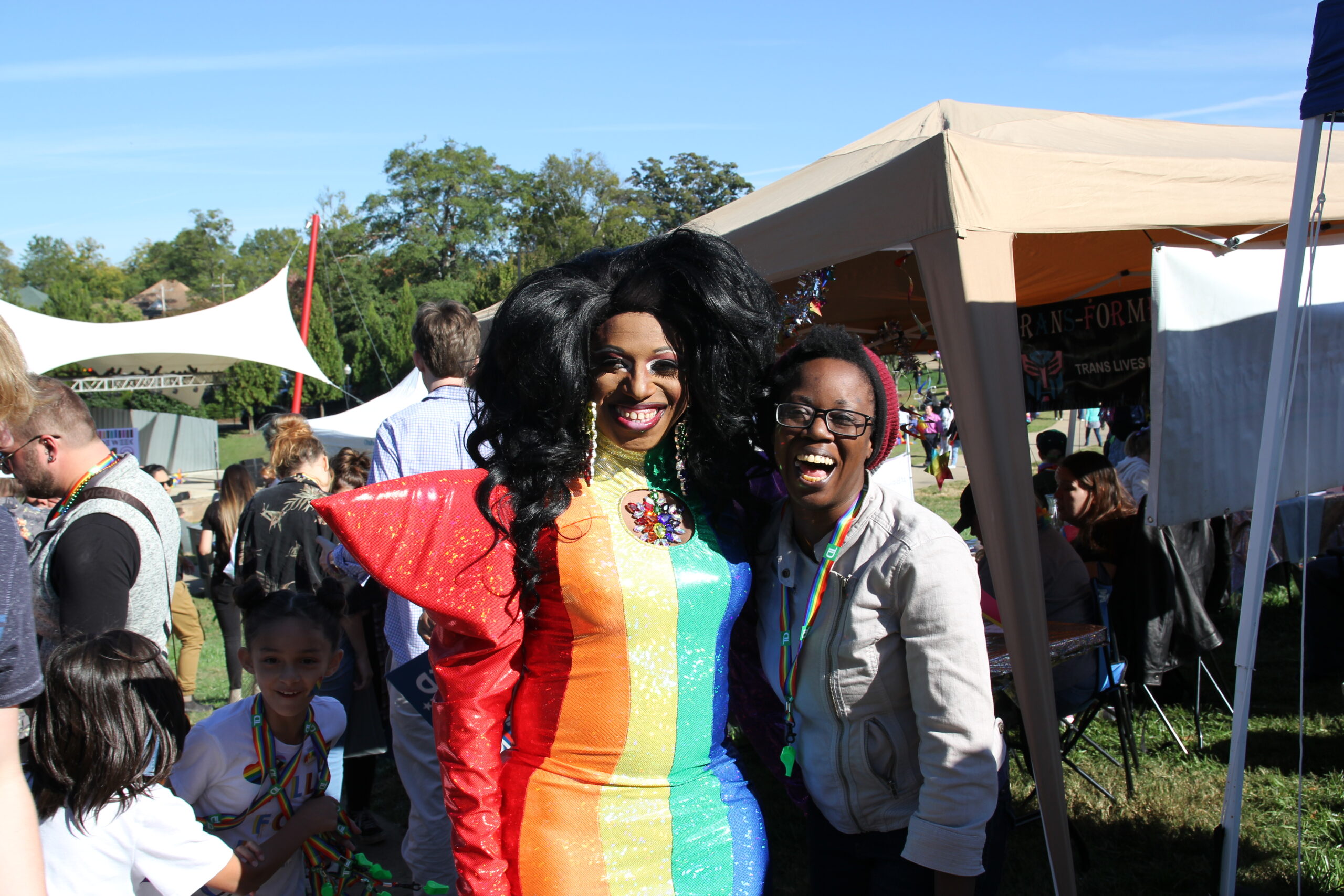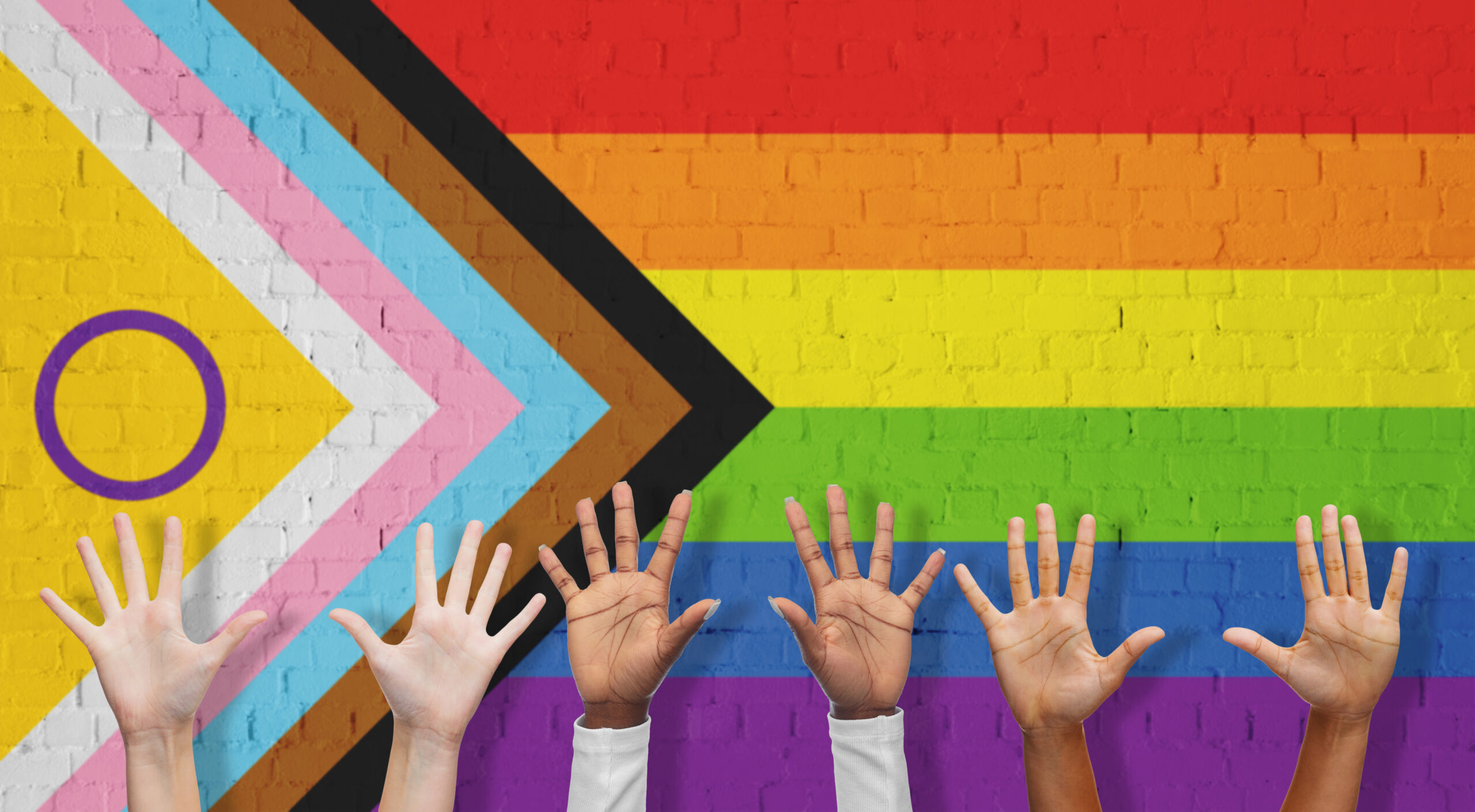Programs
Gender Benders Research
Over the course of the pandemic, social and economic inequities have become more pronounced for already marginalized groups, leading to growing food and housing insecurity, unemployment or loss of wages, and the inability to access other necessary services among trans, non-binary, and gender nonconforming people. Prior to the spring 2020, in pre-pandemic times, TGNC Southerners were more likely to report chronic mental health conditions, such as depression and anxiety, than their cisgender and gender conforming peers. These disparities have often been linked to increased experiences of minority stress, or the stigma and discrimination that is targeted at transgender people. A common intervention for transgender people experiencing minority stress is social support. In times of crisis, physical and mental health conditions are often exacerbated by the increase of situational stressors and the interruption of access to traditional and community support services.
Between August 1, 2020 and February 1 2021, 2732 LGBTQ Southerners (1079 of whom identified as transgender or non-binary) completed an online survey aimed at understanding the early impact of the pandemic on their experiences at home, at work, and in their communities.
In our sample of LGBTQ Southerners, trans and non-binary people were more likely to be essential workers than cisgender respondents. Simultaneously, trans men and trans women were more likely to be furloughed or laid off during the pandemic than non-binary and cisgender participants. These experiences affected participants’ ability to pay for housing, groceries, and other essential needs.
Gender Benders Research
There is not enough research that exists about trans folks and the barriers we face in the South. Gender Benders is proud to engage in community-based research that specifically speaks to the needs and best ways to better serve our community. We do this independently and have also partnered with folks like our friends at Campaign for Southern Equality to support some of their community-based research efforts.
Check out CSE’s research reports here, and check back here for the latest on Gender Benders research projects. Please feel free to reach out if you have questions about trans and queer research in the South.


Educational Programs
We’re happy to provide several Educational Programs at Gender Benders in collaboration with our friends at Campaign for Southern Equality. These are two of our most popular programs. We’re also happy to chat about your specific needs.
What Everyone Needs to Know about Working with Transgender People
90 minutes, No prerequisites
What to expect:
- Overview of what ‘transgender’ means.
- Why transgender sensitivity matters.
- Understanding vocabulary about gender and what it means.
- Gender Jeopardy: Team up to test your knowledge!
- Question and Answer period.
- This package includes 50 pronoun buttons, and 2 inclusive restroom signs (either “All Gender Restroom” or “Restroom”).


Advanced Training in Working with Transgender People
90 minutes
Prerequisite: Trans 101
What to expect
- Deeper discussion about the systemic issues trans people face, tailored to your field of practice (education, health care, business, social services, law enforcement, etc.).
- Discuss scenarios specific to the attendees’ situation in small groups. (i.e., Teachers have scenarios they’ll experience with trans students; physicians have scenarios they will experience with patients, etc.).
- Facilitated whole group discussion around best practices.
- Practice by engaging in role-plays with each scenario.
- Question and Answer period.
- This package includes 50 pronoun buttons, 50 “I’ll go with you” buttons, and two “All Gender Restroom”signs.
- Trans 101 and 201 can be combined for an intensive, half-day workshop.
Political Advocacy
We’re proud to be members of the steering committee in the SC United for Justice and Equality Coalition in addition to engaging in advocacy work to help create safer communities for our people.



